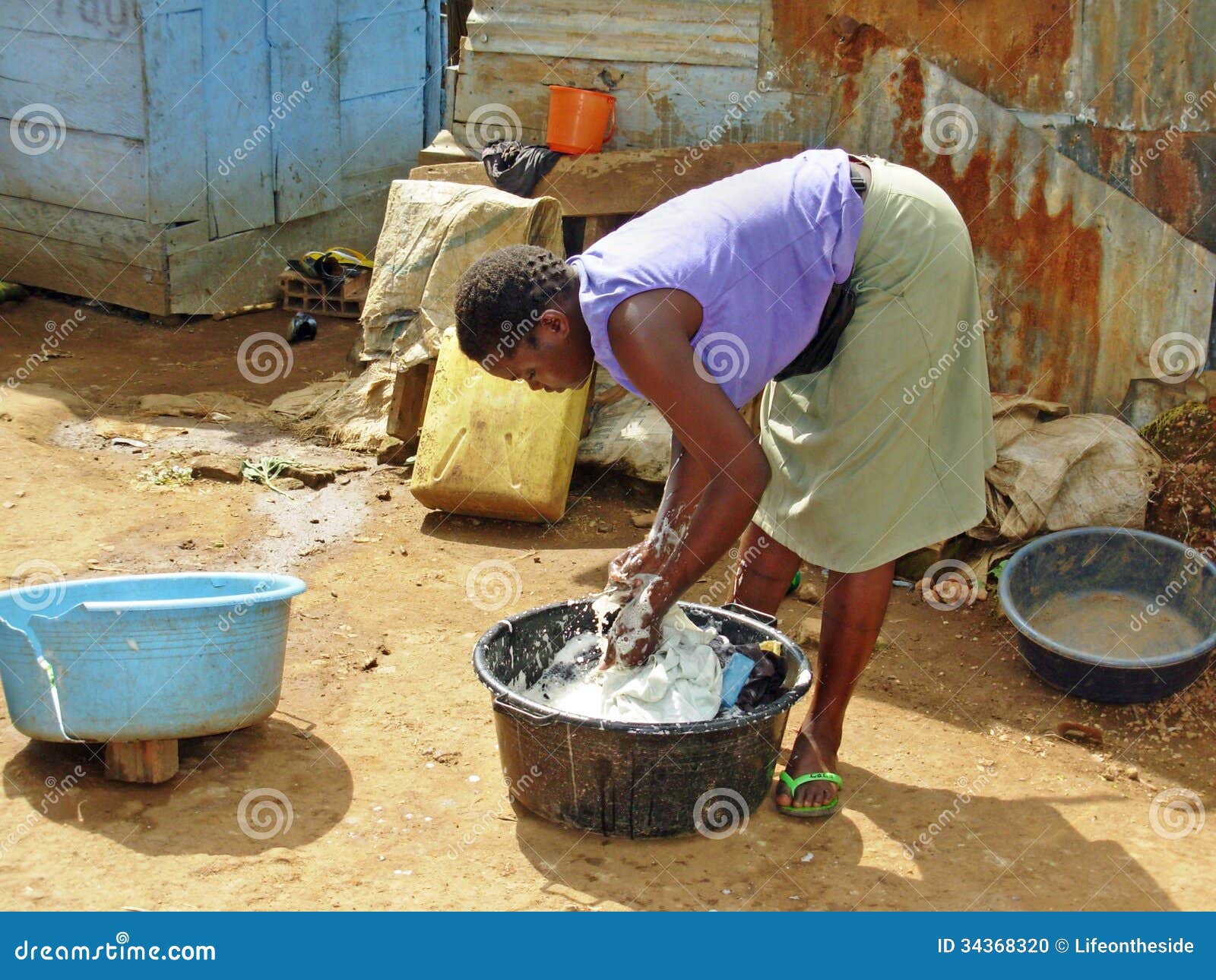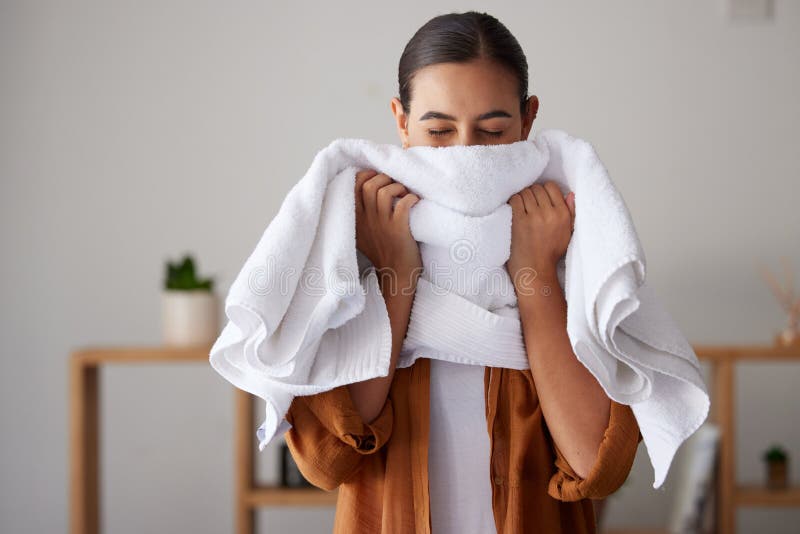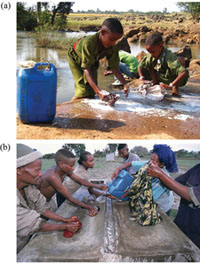The Chore of Cleanliness: A Look at Clothes Washing Practices of Ugandan Women
Related Articles: The Chore of Cleanliness: A Look at Clothes Washing Practices of Ugandan Women
Introduction
In this auspicious occasion, we are delighted to delve into the intriguing topic related to The Chore of Cleanliness: A Look at Clothes Washing Practices of Ugandan Women. Let’s weave interesting information and offer fresh perspectives to the readers.
Table of Content
The Chore of Cleanliness: A Look at Clothes Washing Practices of Ugandan Women

In Uganda, as in many parts of the world, the act of washing clothes transcends mere chore; it embodies a profound connection to family, community, and the environment. This essay delves into the intricate practices of Ugandan women in maintaining the cleanliness of their households, highlighting the cultural, social, and economic significance of this seemingly mundane task.
The Landscape of Laundry: Diverse Approaches to Cleanliness
Across Uganda, the methods employed for washing clothes vary significantly, influenced by factors such as location, resources, and individual preferences. In urban areas, access to electricity and running water has led to the widespread adoption of washing machines. However, for many, particularly in rural communities, traditional methods remain the norm.
Traditional Methods: A Legacy of Sustainability
In rural Uganda, the most prevalent method involves washing clothes in rivers, lakes, or streams. This practice, deeply rooted in tradition, showcases a harmonious relationship with nature. Women often gather at designated water sources, creating a vibrant social space for sharing stories, exchanging news, and offering mutual support.
The washing process itself is a skillful dance of hand movements. Clothes are meticulously rubbed against smooth stones or scrubbed with wooden paddles, ensuring thorough cleaning. This meticulous approach, though physically demanding, demonstrates a deep respect for the fabric and a commitment to achieving pristine results.
The Importance of Soap: Beyond Cleanliness
Soap plays a crucial role in the washing process. Traditionally, women would use locally sourced ingredients like ash, bark, or fruit extracts to create their own soap. This practice reflects a commitment to self-sufficiency and sustainable living. While commercially produced soap is increasingly available, many women still prefer traditional recipes, valuing their effectiveness and environmental friendliness.
The Drying Process: Harnessing the Power of the Sun
After washing, clothes are meticulously rinsed and hung out to dry. The sun, a powerful natural resource, plays a key role in this process. Clothes are spread out on lines, fences, or bushes, allowing the sun’s rays to disinfect and naturally bleach them. This reliance on solar energy exemplifies a sustainable approach to laundry, minimizing reliance on energy-intensive drying methods.
The Cultural Significance: Beyond the Chore
Washing clothes in Uganda transcends mere practicality. It represents a deeply ingrained cultural practice, imbued with social and symbolic significance. The shared experience of washing clothes fosters a sense of community, creating a space for women to connect, support each other, and pass down traditional knowledge.
Furthermore, the act of washing clothes is often associated with motherhood and domesticity. It symbolizes a woman’s dedication to her family’s well-being and her role as a caretaker. This association adds a layer of emotional weight to the chore, transforming it into a symbol of love, responsibility, and commitment.
Economic Implications: Beyond the Household
The practice of washing clothes also has economic implications. For some women, it provides a source of income. They offer their services as laundrywomen, washing clothes for others in their community. This informal economy plays a vital role in supporting families and contributing to local livelihoods.
Challenges and Opportunities: A Balancing Act
While traditional methods offer a sustainable and culturally significant approach to laundry, they also present challenges. Access to clean water sources is not always guaranteed, and the physical demands of handwashing can be strenuous. Moreover, the lack of electricity and modern appliances in many areas limits the options available for washing clothes.
However, these challenges also present opportunities for innovation and development. The increasing availability of solar-powered washing machines offers a promising solution, combining sustainability with convenience. Additionally, initiatives aimed at improving access to clean water and sanitation facilities can significantly enhance the lives of women who rely on traditional washing methods.
FAQs on Clothes Washing Practices of Ugandan Women
Q: What are the most common methods of washing clothes in Uganda?
A: The most common methods are handwashing in rivers, lakes, or streams, using traditional soap made from locally sourced ingredients. In urban areas, washing machines are increasingly used, but traditional methods remain prevalent in rural communities.
Q: What is the significance of using traditional soap for washing clothes?
A: Traditional soap is often made from locally sourced ingredients like ash, bark, or fruit extracts. This practice reflects a commitment to self-sufficiency, sustainability, and the use of natural resources.
Q: How does the drying process of clothes differ in rural and urban areas?
A: In rural areas, clothes are typically dried outdoors, using the sun’s natural heat and light. In urban areas, clothes dryers and indoor drying racks are more common, but the sun remains a popular option for many.
Q: What are the challenges faced by women who rely on traditional methods of washing clothes?
A: Challenges include access to clean water sources, the physical demands of handwashing, and the lack of electricity and modern appliances in many areas.
Q: How are these challenges being addressed?
A: Initiatives are underway to improve access to clean water and sanitation facilities, and the increasing availability of solar-powered washing machines offers a sustainable solution for many communities.
Tips for Washing Clothes in Uganda
- Prioritize clean water sources: Choose a clean and safe water source for washing clothes, ensuring it is not contaminated with pollutants or harmful bacteria.
- Use appropriate soap: Opt for soap that is gentle on fabric and environmentally friendly. Traditional soap made from locally sourced ingredients is often a sustainable and effective choice.
- Wash clothes thoroughly: Pay close attention to removing dirt and stains, ensuring that clothes are properly cleaned.
- Rinse clothes thoroughly: Thorough rinsing is essential to remove all traces of soap and prevent damage to the fabric.
- Dry clothes properly: Ensure that clothes are completely dry to prevent mildew and odor. Hang clothes out in the sun whenever possible to utilize its natural disinfecting and bleaching properties.
- Respect the environment: Be mindful of the impact of laundry practices on the environment. Avoid using harsh chemicals and dispose of wastewater responsibly.
Conclusion: The Enduring Legacy of Cleanliness
The practice of washing clothes in Uganda is a testament to the ingenuity, resilience, and cultural richness of its people. It showcases a profound connection to nature, a commitment to sustainability, and a deep respect for tradition. As Uganda continues to develop, it is crucial to preserve the cultural significance of this practice while embracing innovative solutions that address the challenges of modern life. The future of laundry in Uganda lies in finding a balance between tradition and progress, ensuring that the chore of cleanliness remains a source of pride, community, and sustainability for generations to come.








Closure
Thus, we hope this article has provided valuable insights into The Chore of Cleanliness: A Look at Clothes Washing Practices of Ugandan Women. We appreciate your attention to our article. See you in our next article!